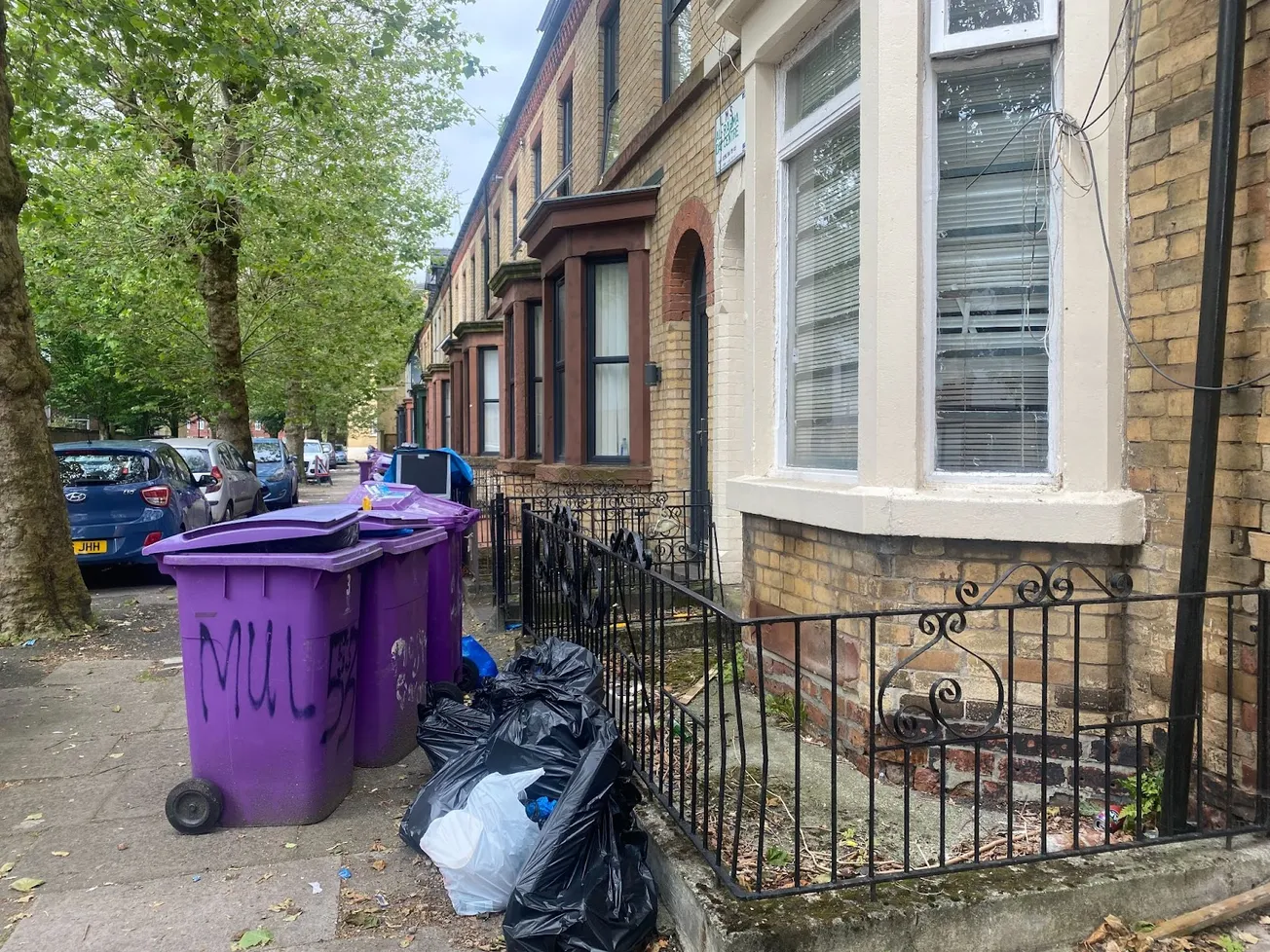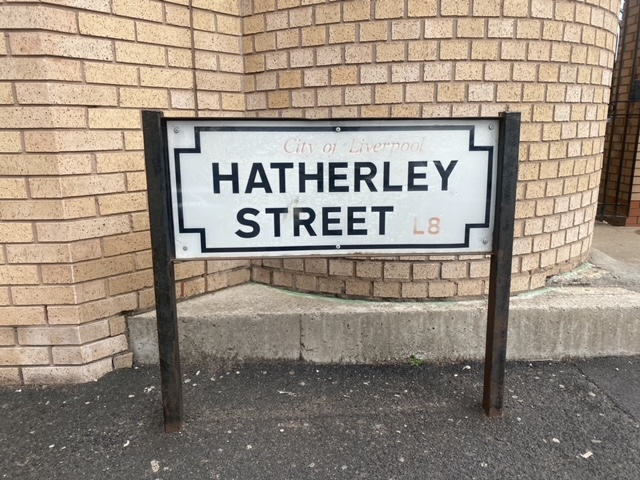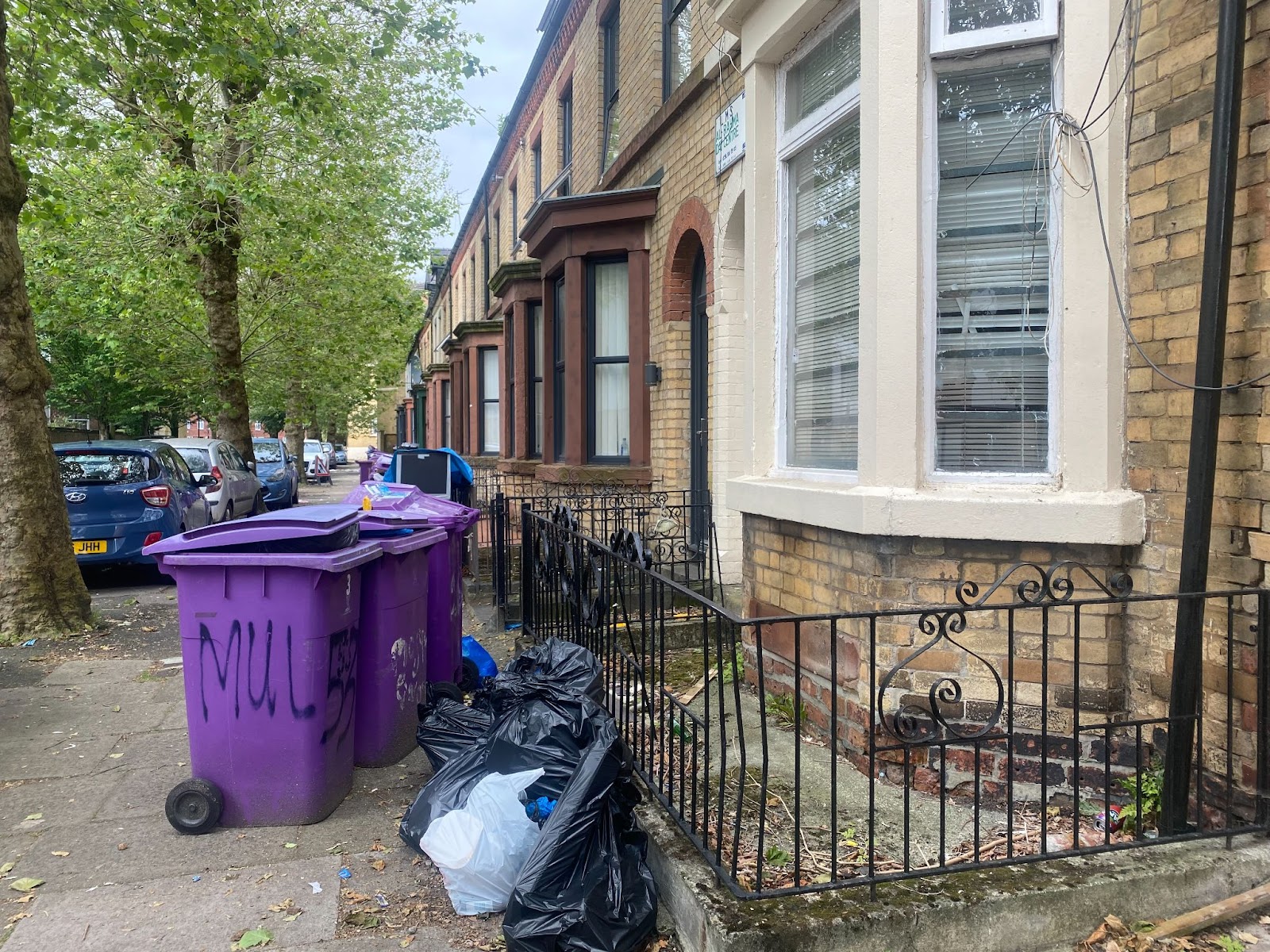Hong Kong property tycoons, broken agreements and an unreachable developer: the twisting tale of Granby Four Streets

After a decade has passed since regeneration began, we ask: will L8 get what it was promised?
Dear readers — what do an international property wheeler dealer and derelict streets in Toxteth have in common? More than you might think. In today’s story, Abi rehashes the deal between Liverpool City Council and a local property developer that led to dozens of derelict homes being handed over for free. These same houses were sold just two years later by that developer to the richest man in Hong Kong, for nearly £3 million. But just how was that deal struck — and why did the homes that were valued by the council as nil become so lucrative?
To read this story, you’ll need to be a paying member of The Post. It costs just £7 a month and gives you access to our entire back catalogue of features and investigations, including this report on Liverpool’s £1 houses and this piece on Southport ahead of the looming election. It’ll also give you first dibs on tickets for our second ever event — stay tuned for that one.
Your Post briefing
Parents of children with special needs and disabilities have staged a protest outside Wirral Council’s headquarters, claiming the council has been neglecting their children’s educational needs. One mother, Rachel Scott, told the BBC that she’d asked if education bosses were simply “waiting for her daughter to die”. Wirral Council, whose headquarters are in Birkenhead, have admitted that required improvements have been “slow”.
Anti-knife campaigner Alan Walsh has warned Merseyside Police that their battle against crime is “far from over”. Merseyside Police has recorded a decrease of 14% in crime over the last 12 months. Walsh, who was himself a victim of a knife attack, has told the BBC that he has nothing but praise for the police, but that “we know a lot of crimes go unreported”. Despite the reported decrease, he warns it is important not to “get blurred with figures”.
And 80-year-old actress Sue Johnston has been awarded the freedom of the city of Liverpool. Johnston is well known for her breakthrough role as Sheila Grant in the Liverpool soap Brookside, and for her role as Barbara Royle in the award-winning BBC comedy The Royle Family. “It was on the news and in the same sentence it said Jurgen Klopp and Sue Johnston,” she said of the announcement. “Nothing gets better than that does it? Me and Jurgen in the same sentence.”
We’re hiring!🚨
We’re looking for a new staff writer to join our team at The Post. We want to hear from amazing journalists from across the region — including people from diverse backgrounds who might not think they have the connections or confidence to secure a role in this industry. Finding that person — young or old, experienced or new to the game — is our number one priority at the moment, and we would be extremely grateful for any help in tracking them down. Click here to find out more.
By Abi Whistance
Back in August 2022, The Times broke a curious story. Headlined ‘How £1 homes in Liverpool ended up in the hands of tycoon Li Ka-shing’, the article outlined how a set of terraced properties in Toxteth had been transferred to the “richest man in Hong Kong” for just under £3 million.
The houses on Ducie and Hatherley Street had been abandoned for years, with smashed windows and crumbling roofs marking them both as wastelands. That was until Liverpool City Council entered a surprising deal with an unknown local developer named West Tree Estates in 2019 to breathe new life into the homes.
The deal was that West Tree Estates would be gifted the houses for no cost, and granted leases to make them habitable again. These renovations would be the icing on the cake for Toxteth, which had already seen residents undertake incredible work to restore the wider area, as well as the renovation of three other derelict streets nearby.
Alas, it didn’t quite go to plan. Two years after the sale of the century, West Tree Estates sold off Hatherley Street to CK Asset Holdings (Li Ka-shing’s property fund, which operates out of Hong Kong) for a whopping £2.7 million. While West Tree still has possession of Ducie Street to this day, the road remains derelict, with broken glass and rubbish strewn in front of boarded up houses and little sign of any activity.

For many residents, the council’s dealings with West Tree Estates remains a touchy subject. In recent years, some have taken to social media, sharing their own sleuthing and research in an attempt to unpick exactly why the deal took place, and what the future of both Ducie and Hatherley Street now is. Will the renewal promised over a decade ago ever come to fruition, or will houses continue to crumble?
In recent weeks, The Post has been looking at the 2019 agreements between West Tree Estates and Liverpool City Council. We’ve seen Freedom of Information request responses from the council, regarding details of the valuations made on the properties on Ducie and Hatherley Street, that lack transparency. Furthermore, we’ve seen emails between council officials and a “millionaire” who wanted to buy Ducie Street and restore it, and have spoken to residents who allege the council was deliberately obstructing his purchase. While the council maintains in FOIs they are unable to share any information about Ducie and Hatherley Street due to commercial sensitivity, we strongly believe it is in the public interest for them to disclose the details of their deal with West Tree Estates and the valuations of properties on both streets.
A mysterious millionaire
Avid Post readers might remember a piece we published on the £1 housing scheme earlier this year — a 2013 council initiative that saw vast swathes of derelict Victorian housing in the Granby area sold off to members of the community for just £1.
These properties had been earmarked for demolition as part of the Labour government’s Housing Market Renewal Initiative (HMRI) in the early 2000s, which was designed to bring the middle classes into areas of low market demand. The HMRI, however, faced intense public scrutiny, with accusations of social cleansing by pricing existing residents out of their neighbourhoods. By 2010, a change of government saw the HMRI scheme scrapped completely, and proposals to demolish streets in Granby were curbed.
At this point, the future of these Victorian properties was unclear. Some were in uninhabitable conditions, and would need thousands of pounds of renovations before they could have people living in them again. Ed Gommon, a resident of Toxteth who moved back to the area in 2008, remembers the state of the streets in L8 at that time.
“I came back and it was shocking because it was all derelict, all boarded up,” he says. “It's something that's a bit of an open wound. When I cycled past it, it was upsetting to see.” Ed became a passionate advocate for renewal in the area, and was one of the founding members of the Granby Four Street Community Land Trust (CLT), who have since become known throughout Liverpool for their work in Toxteth. After the collapse of the HMRI, the CLT began reviving the Granby Four Streets area, and went on to win the prestigious Turner Prize in 2015 for their community projects.

It was after the work of the CLT in the early 2010s that the council got involved, launching their flagship £1 housing scheme in 2013 to sell off derelict properties to local residents who could afford to renovate them. “People here have lived through the riots, through the disintegration of [Toxteth] — they deserved to be part of that regeneration, massively,” says Amina from the Granby Somali Women’s Group, an organisation created to champion BAME voices in L8. The Granby Somali Women’s Group was heavily involved in local housing initiatives like the CLT back in the mid-2000s, which alongside the £1 scheme was attracting huge media attention at the time for its innovative approach to restoring housing. A Channel 4 documentary about the residents living on the streets and renovating the properties, titled Britain’s Cheapest Street, was produced in 2018.
It wasn’t long before the council began to expand their aims. Instead of selling properties solely to residents, the council began to allow property developers to get in on the action too. While three of the Granby Four Streets — Beaconsfield, Cairns and Jermyn Street — had begun being refurbished, Ducie Street and the neighbouring Hatherley Street were still in need of some TLC. Yet the council weren't the only ones with plans for Ducie Street — in 2015, a mysterious man swooped in to restore Ducie Street to its former glory. “We called him ‘the millionaire’,” Amina says. His name was John Davey, a businessman who owns Steinbeck Studios and is based on the island of Jersey. He’d taken an interest in Toxteth four years after visiting, and was inspired by the CLT’s community work. He wanted to help the residents finish what they’d started, and had begun talks with the council to obtain Ducie Street and renew it.

Latest
Merseyside Police descend on Knowsley
And the winner is...
Losing local radio — and my mum
A place in the sun: How do a bankrupt charity boss and his councillor partner afford a “luxury” flat abroad?
Hong Kong property tycoons, broken agreements and an unreachable developer: the twisting tale of Granby Four Streets
After a decade has passed since regeneration began, we ask: will L8 get what it was promised?